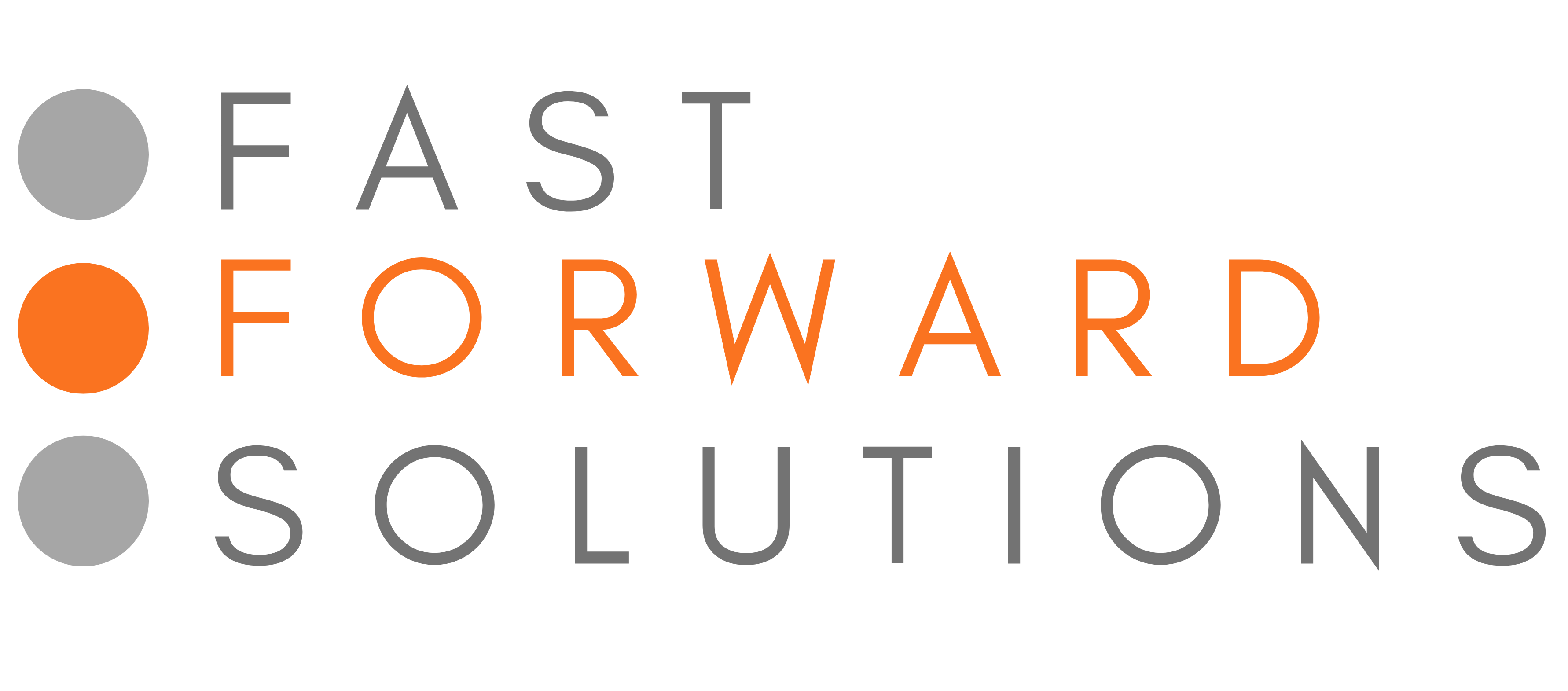Lying on resumes has been a topic that has stirred emotions for years. An interesting study conducted in 2020 by the renowned Checkster company provides us with some answers. Their analysis shows that as many as 78% of job candidates misrepresent their qualifications in some way. This is surprising. The most common lies are about experience, skills and education. But why does this happen? The reasons are varied. For many, it's about trying to cover up shortcomings in experience. For others, it's about appearing in a better light to increase chances of employment. There is also no shortage of those who wish to hide certain gaps in their employment history. However, it is worth considering this phenomenon more deeply, as the risks associated with lying on a resume often outweigh the possible benefits.
Consequences of lying on your resume
When people choose to lie on their resumes, they often don't realize the consequences. One of the most important risks is loss of trust. If an employer discovers a falsehood, your reputation in the industry can be damaged. Worse, it could also make it harder for you to find a job in the future. And what if you have already been hired? Lying could result in immediate dismissal. In the long run, if you stay, your opportunities for promotion may be limited. But it doesn't stop there. In certain situations, lying can lead to legal consequences. Falsifying documents, such as diplomas, is considered fraud. As a result, if your lies bring losses to your employer, you could be held liable. Also, don't forget the impact of lying on professional relationships. Networking is crucial in many industries. If people find out about your dishonest behavior, they may avoid cooperation or recommendations. Ultimately, even if deception benefits you in the short term, the risk of losing long-term opportunities is significant. The consequences of lying on a resume are numerous. Why do people lie on their resumes? Despite the high risk, many still make this decision.
Best practices for resumes: Stand out without lying
When you're looking for a job, you want to stand out. You can achieve this without resorting to lying on your resume. Here are some suggestions:
- Highlight your authentic skills: Instead of making things up or twisting facts, focus on what you really can do. You may have unique competencies that are worth highlighting.
- Talk about achievements: Instead of focusing on day-to-day responsibilities, describe specific achievements. If you improved your team's productivity by 30% or introduced an effective solution that saved the company money - write about it!
- Clearly explain any gaps in your employment: If you haven't worked for a while, don't hide it. Explain the reasons and indicate what you were doing during that time. Maybe you completed courses that now add value to your professional profile.
- Be honest about your education: If you have not completed certain schools or courses, do not falsify this information. You can emphasize what you have actually acquired - even uncompleted studies bring certain skills and knowledge.
- References are key: Credible references from previous employers or co-workers can be very persuasive. Nurture good working relationships, and they can turn into valuable recommendations in the future.
Remember, your resume is your business card in the professional world. It is worth making it as credible and accurate as possible. Sincerity in the presentation of your professional profile can prove to be your greatest asset.
Applications
After a deep analysis of the question "Why do people lie on their resumes?" we see a multidimensional picture of the causes and consequences of this phenomenon. Lying on resumes often stems from a desire to stand out among other candidates, compensate for shortcomings or increase employability. However, while falsifying information may bring some benefits at first glance, the long-term consequences of doing so can be far more severe than anticipated.
Honesty in presenting one's career is not only an ethical standard, but also a key element in building lasting and positive relationships in a professional environment. In the digital age, where information is easily accessible and verifiable, truthfulness and consistency in a resume become more valuable than ever before.
Any attempt to manipulate or falsify data about oneself not only puts the candidate at risk of losing the trust of a potential employer, but also compromises one's reputation in the industry for years to come. Rather than risk it, consider presenting your skills, experience and achievements authentically, even if they don't seem perfect. After all, it is honesty, authenticity and a constant striving for improvement that are the foundation of long-term success in professional life.
Fast Forward Solutions - your source for top professionals
Fast Forward Solutions specializes in recruitment services in the areas of IT, e-commerce, sales and marketing. Our rigorous methodology combines role profiling, executive search and candidate assessment, supported by consulting services. As a result, we guarantee efficiency and rapid acquisition of the best talent on the market. With our support, any company can increase sales, reduce operating costs, improve the efficiency of human resources management and strengthen investor confidence.
About the author: Tomasz Bożyczko
Tomasz Bożyczko is an experienced sales leader, CEO and founder of Fast Forward Solutions. His passion for recruiting and developing teams has contributed to the success of many organizations. Tomasz is an expert in hiring top talent and improving recruitment processes.
We hope these tips will help you create compelling job opportunities and optimize your recruitment process to attract the most valuable employees for your company.


Latest comments